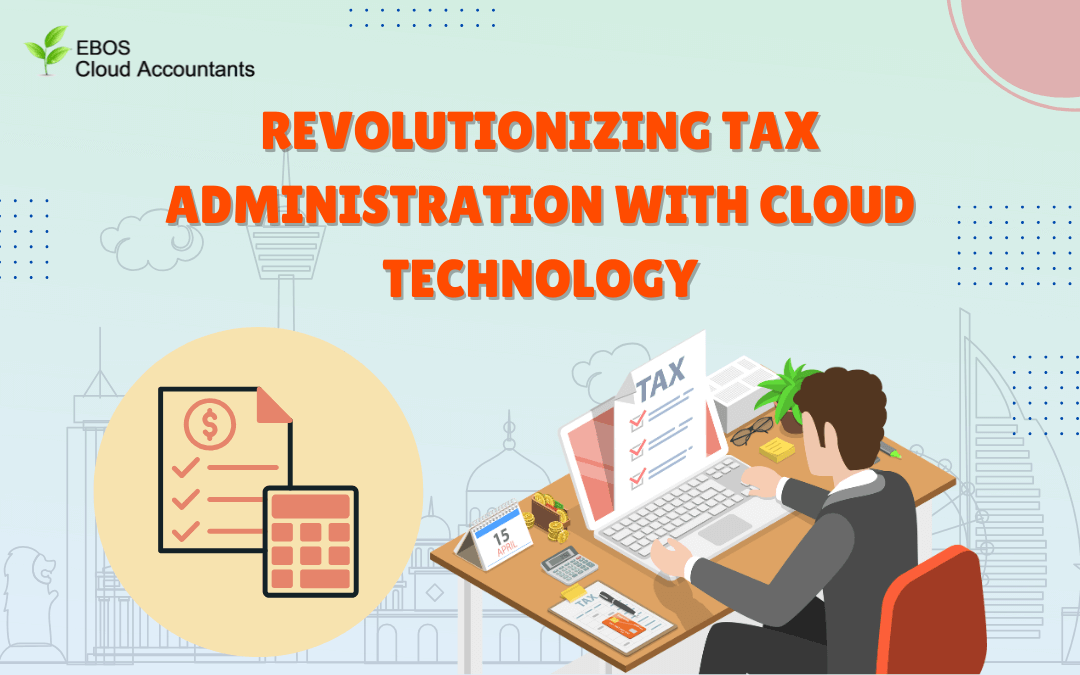In today’s fast-paced digital era, businesses are constantly seeking ways to improve efficiency, reduce costs, and stay compliant with ever-evolving tax regulations. Cloud technology has emerged as a transformative force, revolutionizing tax administration for organizations of all sizes. By leveraging the power of the cloud, businesses can streamline tax processes, enhance accuracy, and ensure compliance with minimal effort. Here’s how cloud technology is reshaping the landscape of tax administration.
1. Centralized Tax Data Management
One of the primary benefits of cloud technology is the ability to centralize tax-related data. Instead of managing disparate spreadsheets and physical documents, businesses can store all their tax information in a secure, centralized cloud platform. This not only improves accessibility but also eliminates the risk of data duplication or loss. Authorized personnel can access real-time data from anywhere, enabling seamless collaboration among teams.
2. Enhanced Compliance and Accuracy
Tax regulations are complex and frequently updated, making compliance a challenge for many businesses. Cloud-based tax administration solutions are equipped with automated updates to reflect the latest tax laws and rates. This ensures that businesses always work with accurate information, reducing the likelihood of errors and penalties. Automated calculations and validation tools further enhance accuracy, providing peace of mind to businesses.
3. Real-Time Reporting and Analytics
Cloud technology enables businesses to generate real-time tax reports and analytics with just a few clicks. These insights empower decision-makers to monitor tax liabilities, identify trends, and make informed decisions. With advanced analytics, businesses can also forecast future tax obligations and plan accordingly, ensuring better cash flow management.
4. Cost Efficiency
Traditional tax administration often involves significant costs related to manual labor, physical storage, and compliance audits. Cloud-based solutions eliminate the need for physical infrastructure and reduce the reliance on manual processes. Many cloud providers offer scalable pricing models, allowing businesses to pay only for the services they use. This makes cloud technology a cost-effective solution for businesses of all sizes.
5. Automation of Repetitive Tasks
Filing taxes involves numerous repetitive tasks, from data entry to generating reports. Cloud technology automates these processes, freeing up valuable time for finance teams to focus on strategic initiatives. Automation also reduces the risk of human error, ensuring that tax submissions are accurate and timely.
6. Improved Security
Tax data is highly sensitive, and protecting it is a top priority for businesses. Cloud platforms offer advanced security features, including encryption, multi-factor authentication, and regular security updates. These measures ensure that tax data is safeguarded against unauthorized access and cyber threats.
7. Scalability and Flexibility
As businesses grow, their tax administration needs become more complex. Cloud-based solutions are inherently scalable, allowing businesses to expand their capacity as needed. Whether managing a small business or a multinational corporation, cloud technology offers the flexibility to adapt to changing requirements without significant investments in new infrastructure.
8. Seamless Integration with Other Systems
Modern businesses rely on a variety of software tools for accounting, payroll, and enterprise resource planning (ERP). Cloud tax administration solutions often integrate seamlessly with these systems, ensuring that data flows smoothly between platforms. This reduces duplication of efforts and enhances overall efficiency.
Conclusion
Cloud technology is transforming the way businesses approach tax administration. By centralizing data, enhancing compliance, automating processes, and providing real-time insights, cloud solutions empower businesses to manage their tax obligations with greater ease and efficiency. As the regulatory landscape continues to evolve, adopting cloud-based tax administration tools is not just a competitive advantage—it’s a necessity for staying ahead in today’s digital economy.
Embrace the power of the cloud and revolutionize your tax administration today. The future of tax management is here, and it’s in the cloud. Check out our website at https://ebos-sg.com/ to explore more articles and discover how our Cloud Accountant Services can support you on your business.







